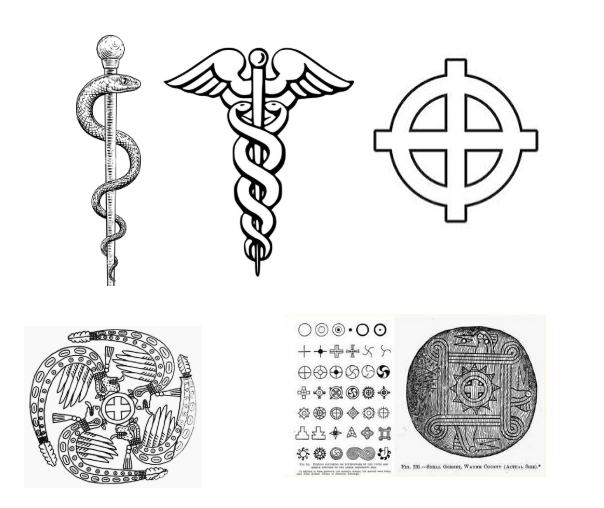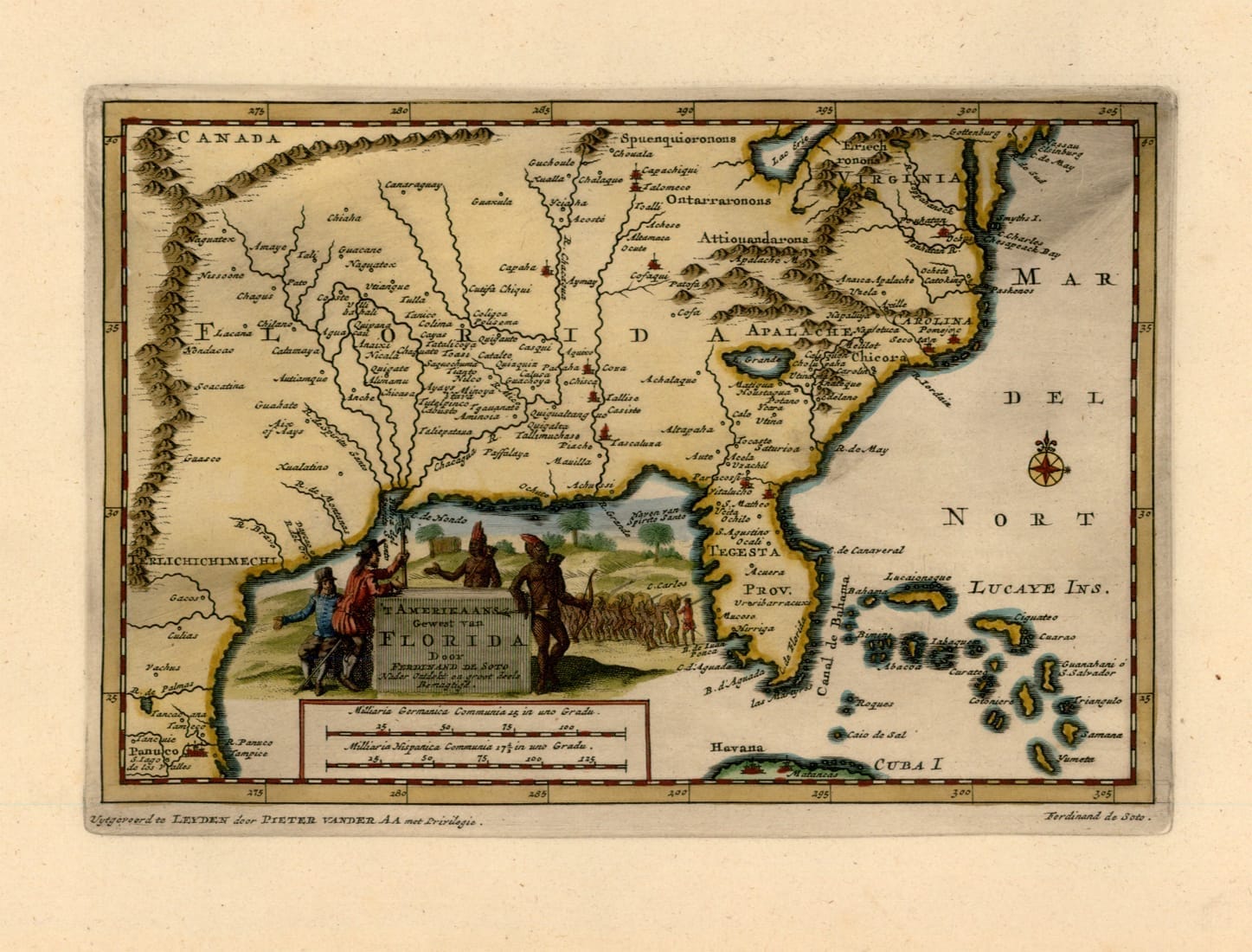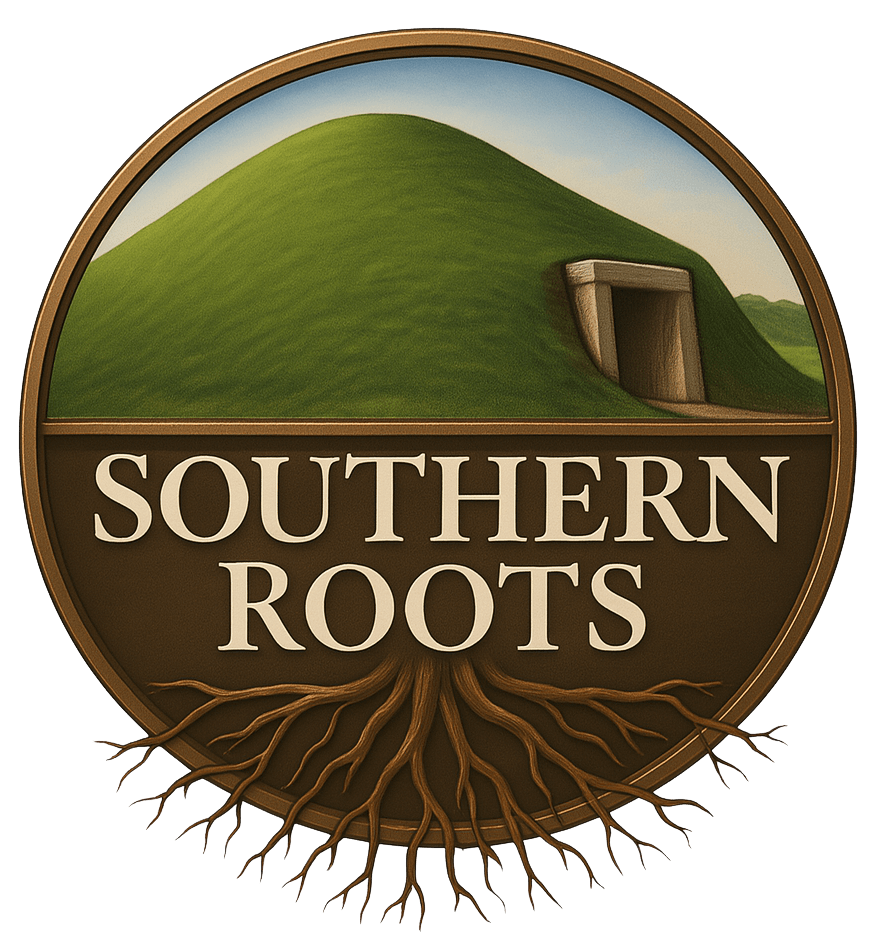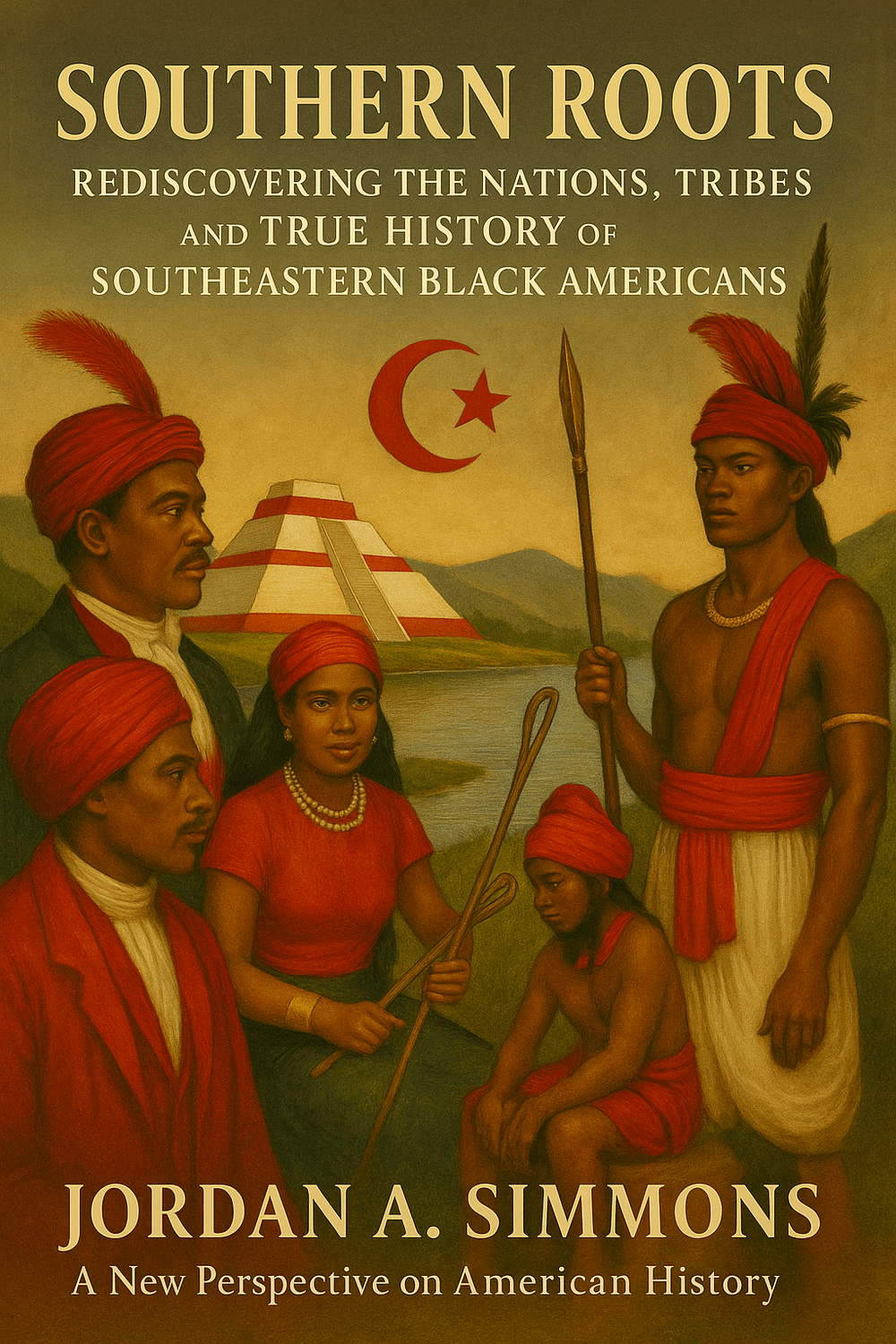How America Got Its Name: The Ancient Connection
What if the name “America” wasn’t born from a European explorer — but from sacred traditions that long predated him?
The Story We Were Told
Ask any schoolchild how America got its name, and they’ll likely answer: Amerigo Vespucci. According to the standard account, this Italian navigator’s expeditions inspired the 1507 Waldseemüller mapmakers to label the “New World” as America — and the name stuck.
But what if the name meant something deeper?
What if it wasn’t just a colonial label — but an echo of ancient knowledge etched into the land itself?
A Deeper Meaning Carved in Stone and Soil
Long before Vespucci’s name was printed on European maps, the peoples of this land spoke a spiritual language that named not only rivers and mountains, but the land’s essence itself. Among the Andean and Mesoamerican peoples, one sacred phrase endured: Amaru-Ka — the Land of the Plumed Serpent.
In this ancient naming:
Amaru means serpent — the sacred, animating life force.
Ka is spirit or soul-force — as known in both Kemetic (Egyptian) and ancient American traditions.
The plumed serpent was more than myth. It represented divine wisdom, healing, rebirth — and the sovereign authority to govern. Known as Quetzalcoatl to the Maya and Toltecs, and Kukulkan to others, the serpent motif was also present across the Mississippian civilizations of the American South.
“America,” then, may not be the name of a man — but the name of a force. A spirit of wisdom that coursed through the rivers, mounds, and ceremonies of this land long before Europeans arrived.
The Serpent and the Cross

Figure 1. These meanings weren’t just spoken — they were carved in stone and worn in ceremony.
The solar cross (circle and cross) found in Mississippian artifacts reflects the Am–Ra principle: the cross (Am) and sun (Ra), joined in cosmic harmony.
The winged serpent appears with healing in its wings — a symbol mirrored in the Caduceus, now used in modern medicine.
Malachi 4:2 says: “The Sun of Righteousness shall arise with healing in his wings.” This prophecy, long encoded in Southeastern iconography, affirms the serpent as more than a symbol — but a force of renewal.
These were not just religious symbols. They were maps. Keys. Codes of governance and identity. They spoke of the sacred fire that dwelled within the people — the Ameri-Ka.
The Map That Proves It Was Never a New World
Even 17th-century European cartographers couldn’t fully erase what they saw. An engraving based on Nicolas Sanson’s work — titled ’T Amerikaans Gewest van Florida Door Ferdinand De Soto — labeled the Southeast not as an unnamed wilderness, but as the American Province of Florida.

Figure 2. 18th-century Dutch map centering Apalachee and labeling the region as “’T Amerikaans Gewest.”
In this map:
The term ’T Amerikaans is not used for colonists — it refers to the dark-skinned nations of the Southeast.
The Apalachee are front and center, confirming that these lands were recognized as organized, sovereign, and sacred.
Tameri: The Beloved Land
In ancient Egypt, Tameri (Ta-Meri) meant “Beloved Land.”
Ta = land
Meri = love, sacred floodplain, or divine inundation
This was the name given to the fertile delta regions shaped by the Nile’s flooding. But the same naming pattern — Ta-mer, Amaru-Ka — echoes across continents.


Figure 3. Egyptian hieroglyphs defining Ta-Meri and Ami-Ta-mer from Budge’s Dictionary.
Early scholars like E.A. Wallis Budge documented:
Ta-merau = People of the sacred floodplain
Ami-Ta-mer = Dweller in the Beloved Land
Mera = Ancient name of Egypt
This isn't a coincidence.
America Is Mauretania
The suffix -ca in “America” and the prefix Ta- in “Tameri” both point to land and place. These names — America, Tameri, Mauretania — share more than sound. They share spiritual geography.
The Moors of Mauretania were not limited to Africa. Their legacy stretches across the Atlantic. In fact, America — especially the Southeast — is the ancestral Northwest Africa. The original Barbary. The home of the Maur, or Moor. “America is Mauretania. America is Al-Moroc. America is Tameri.”
The Prehistoric Origin of Egypt?
Albert Ross Parsons wrote:
“All that is sublime in the historic past centers upon Egypt; all that is sublime in the prehistoric past centers upon America… It will be seen that the people of the Eagle on the Nile are descended from the people of the Eagle on this Continent.”
(New Light from the Great Pyramid, p. xi)
In his view, America was not a reflection of Egypt — Egypt was a reflection of America.
Quote from Southern Roots: Rediscovering the Nations, Tribes, and True History of Southeastern Black Americans
"The Southeast was not isolated. It was a ceremonial axis. The mounds of Etowah, Ocmulgee, Kolomoki, and Moundville were not random earthworks. They were aligned to celestial objects and events, according to the movements of the sun just like the pyramids and cities of the Yucatán, Egypt, and the Andes." - pg. 10
Discover more in Southern Roots: Rediscovering the Nations, Tribes, and True History of Southeastern Black Americans.
Let us know what you think in the comments!

